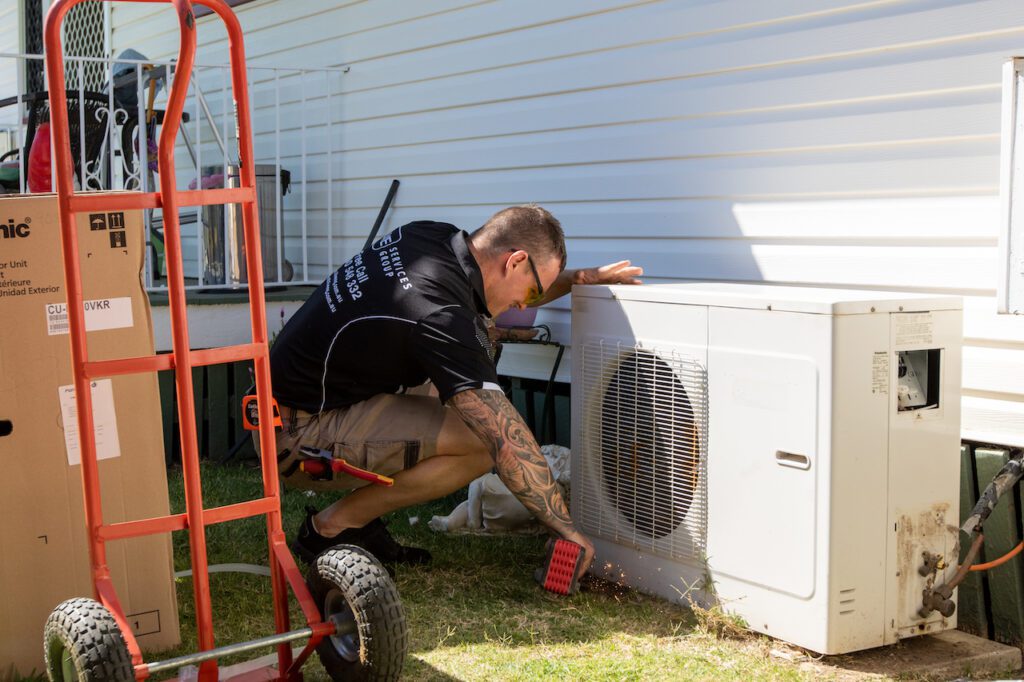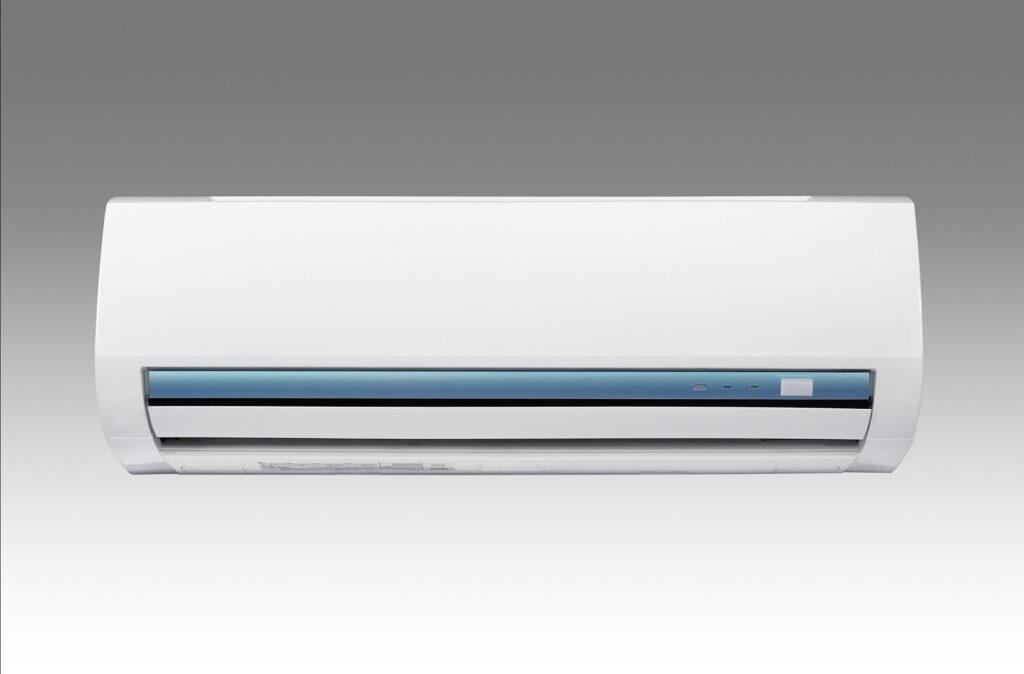The word ‘humidity’ brings something unpleasant to your mind. Wet days, particularly in the summer, are frightening for many, and many are sitting indoors or fleeing to cooler locations to avoid severe temperatures.
Although it causes pain for you, moisture also has many advantages. In places renowned for abundant moisture, good rainfall also exists. It also provides a more constant temperature and maintains humans and animals healthier than in dry areas. Humidity is thus beneficial for the environment as well as people and animals according to climate conditions.
How about your property’s excessive humidity? Is this as nice as external moisture?
Note that abundant wetness implies high humidity. If excess moisture penetrates a home, it may cause issues both for the resident and the property itself.
Below you find the best methods to regulate your property’s internal humidity to ensure cool summers.
Ventilate The Property
The lack of airflow is a significant cause for excess moisture, particularly in kitchen areas, the bathroom, the laundry room, and the cellar. If ventilation fans are placed there, utilize them to remove excess moisture from your home.
If you don’t have vent fans installed, you may contact an electrician and have them placed in your home. Please note that toilets are renowned for their high humidity, and maintain their ventilation open and windows open during showers may eliminate any undesirable humidity from your bathroom. This also applies to your kitchen and keeps the ventilation on for 5-10 minutes after you have cooked.
You may cover cookware while cooking to minimize evaporation which might increase moisture immediately. Notably, whereas cooktop burners and ovens contribute to increased interior humidity, slow cookers contribute less.
Check and Repair Pipes
Make frequent inspections of any leaks in pipes and fittings in your plumbing system. Leaking pipes may add to moisture inside. If you discover any leak problems, fix them and ensure that they do not contribute moisture to the inside.
Note that it is not simple to detect plumbing leakage behind the walls. In such situations, you will discover plumbing leaks on floors, walls and ceilings, via stains, mould and mildew. Do you have a musty smell of your property, or do you get excessive water bills? If so, it is time to examine the plumbing for potential damage.
You may also monitor the property’s other water sources and maintain hydrated plants beyond your property.
Use a Desiccant
Desiccants are a kind of silica gel that could absorb humidity from the environment. These gels come in bags of linen or paper and may be stored in areas with high humidity. The gel removes moisture from the surroundings and lowers moisture levels.
Desiccants are reusable, and after they have been soaked, they may be heated. Use the oven to heat and unsaturate the desiccants. Some kinds of litter and activated charcoal also function as dryers.
Use Dehumidifier
Excess moisture may be eliminated by using a dehumidifier. Setting up a dehumidifier may help you keep moisture at the appropriate levels, particularly when your home has an excessive moisture basement.
You may put them next to the oven to eliminate moisture from the air via the oven. This guarantees that the summer becomes cool, dry – just how you want the summer.
There are many kinds of dehumidifiers, and some of the most popular types include desiccant dehumidifiers and mechanical dehumidifiers.
Install An Air Conditioner
You can remove excess moisture from indoor air with your air conditioner. Your AC systems may function well if you change the air filter and offer regular maintenance. Note that dust blockages in the filter may reduce your AC’s humidity control effectiveness.
Turn the thermostat fan to the “ON” position and keep it running. If your air conditioning unit has an ECM engine, it guarantees that your property has air circulation and avoids developing moisture and heat.
Two-stage ACs offer greater dehumidification compared to single-stage air conditioning.
Two-stage air conditioners operate like mechanical dehumidifiers. These devices feature cooling spindles to condense the air and eliminate air moisture.
The HVAC systems are renowned for their outstanding energy conservation and help decrease your costs for power better than single air conditioners. With its two-stage operation, the device operates longer than conventional air conditioners and moisturizes your property.
The longer, slower operation of a two-stage AC is an excellent option for those who wish to decrease humidity and reduce energy costs to cool their property.





